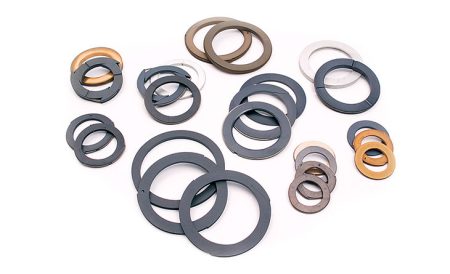Pipe plugs are the cap end of fractional tubes, which are employed in many different sectors. To stop the flow, place these pipe plugs into the end of the tubing. High-quality tube plugs with a range of end connections are made from a variety of materials.
Plugs are used to seal the ends of various hydraulic or pneumatic pipes or tubes. The Forged Screwed Plug is a crucial part of the plumbing system for both household and commercial water supply lines, machines, etc. They are also used to remove air obstructions from water pump lines. Pipe plugs are used in a variety of industries, including those involving hydraulic, pneumatic, pharmaceutical, air brake, gas, and refrigerant systems.
You and your team need the appropriate tools for the job when doing pipeline inspections. The incorrect pipe stopper can cause tests to fail, damaged pipes, and a significant loss of time and money. Understanding how mechanical pipe plugs function will help you select the best option for your needs.
Mechanical plugs are used by plumbers and pipeline professionals to inspect a piping system. Seal the area where you’re working when checking a pipe for leaks, corrosion, and other damage. With the aid of plugs, you can section off a portion of the pipe and operate it separately from the rest of the system. The pipe plug makes a leak-proof, airtight seal. Once the plug is in place, pressurize the system and check for any issues by flushing the pipe with water or air.
Mechanical pipe plugs are available in a huge range of sizes and forms to accommodate a huge number of pipes. Most pipe plugs use nuts and bolts to seal the pipe against leaks. For the plug to be centred and the seal to be pushed into place, you must manually tighten the bolts. Before starting the job, make sure you have the right tools because you might need to use specific ones to operate these nuts and bolts.





